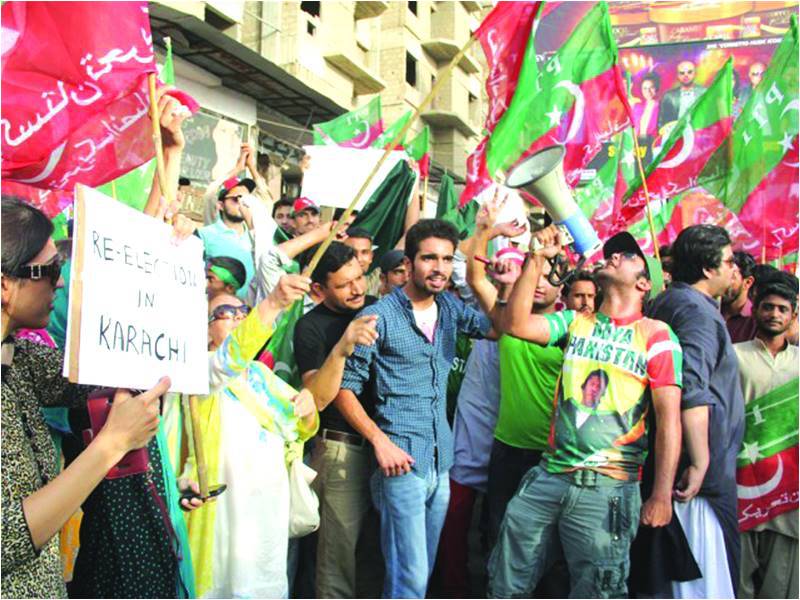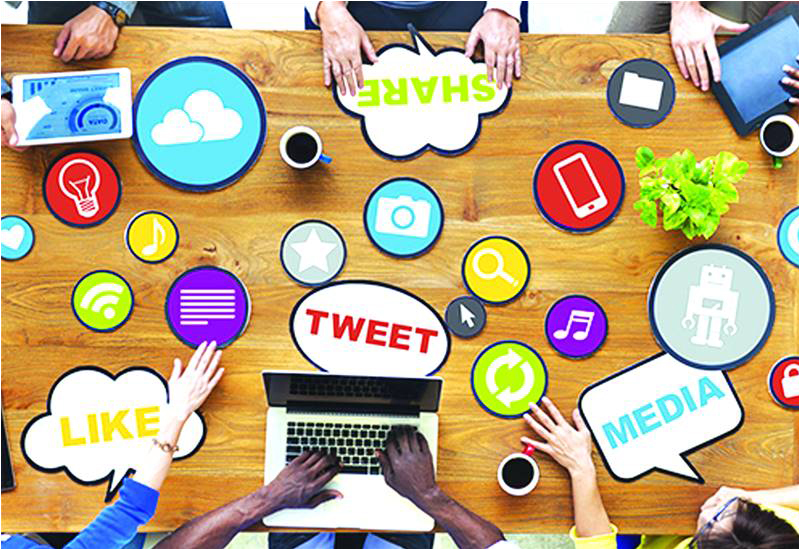
I’m going to turn 35 in a few weeks, a fact that was brought to my attention when my doctor’s office sent me an email gently suggesting that I schedule a physical to mark, and I quote, “this transitional period of aging.” The email further included a short but thorough checklist of any symptoms they hoped I was experiencing. I ticked them all, mainly as a means of one-sided medical revenge, until I reached the very end. The age brackets, listed in blocky black lettering, confirmed I have officially moved from 30-34 to 35-40.
Forty. Obviously the email sent me into a serial of existential self-despair, and not only because I was wearing a breathing mask indoors because someone set 2 tonnes of plastic bags on fire in the empty plot next door.
Halfway between 20 and 50, I may not be middle-aged but I am, decidedly, post-youth. And I am not alone. I belong to a whole generation known as millennials, broadly considered those who came of age around the year 2000. Like a statistical horoscope, millennial is an elastic term, but for the most part refers to those born post 1981 – those of us old enough to remember a time before the internet, but young enough to not want to return there.
But regardless of what age you are or the relevance you think a single generation has, the world you inhabit (online and off) has been created for you by millennials (#sorrynotsorry). Facebook, Snapchat, Instagram, Whatsapp, Netflix, Youtube and countess others arenas for public engagement were either created by or marketed to us, later taking off on a more inter-generation scale. Their outsized influence over contemporary global culture has left me trying to figure out to what degree generations matters. Reality TV, for example, a staple of millennial culture, has been roundly adopted by people of every age and every country. Indeed, it’s so powerful a concept that it has changed the very nature of politics and how we elect leaders. I don’t think its a coincidence that Trump, Johnson, Modi or even our own select Imran Khan are products of popularity contests more than they are of elections. None of these men are millennials, but they all used the generation’s obsession with the cult of celebrity and reality-based, personality-driven TV to launch themselves into the most powerful chairs they could.
But in defense of my generation: that these men were were allowed into those chairs is a much more communal failure. The mere fact that people are able to gather information and broadcast misinformation is not the fault of millennial inventions. People who think back to their own youth in the 1950s or ‘60s as a time of moral pureness that the world has since lost (a sentiment I have heard no less than 7 times in the two weeks since my return) are deluded in thinking vice didn’t exist then.

“Kids could walk down the street, no problem!” an uncle lectured me the other day through misty eyed retrospection. I wanted to remind him that that probably wasn’t true, that pedophiles and killers didn’t just spring up in the 1969 the moment birth control became available, that it was far more likely that incidents went unreported in those days rather than not happening at all. I also wanted to remind him of a lot of other things, but the more age brackets I cross, the more I realize that people prefer their own inventions to the truth, and don’t want to be told otherwise.
Well, tough.
Because the truth is that I am waking up everyday in one of the three most polluted cities on Earth. Not in Punjab, or Pakistan or even Asia. Top three on Earth. Every day here means I smoke upwards of 22 cigarettes into my lungs (when the neighbors aren’t burning plastic), which makes my having quit five years ago seems redundant. The truth also is that where I live in New York has a big poster in the lobby with the number 5 written on it, which means that when the inevitability of global warming hits (by some estimates as near as 2030) it will be underwater.
These are the harsh realities of my generation’s future: questions like whether I will be able to breath or not. We do not take for granted that Karachi and its reclaimed land will exist in 2030, or that Lahore will be a livable city in another ten years, or for that matter, most of the coastal cities in the world, including New York.
Most of these problems are inherited, the cruel vestiges of a world we had no part in creating but must endure. The subsequent rage bubbles out through us in phrases and memes like “OK Boomer”, a refrain meant to dismiss the out-of-date ramblings of baby boomers the world over. I think it is this rage that has allowed space in Pakistan to begin mentioning the military by name rather than cowering behind the world Establishment, or allow the student leaders in Lahore plan a march in Lahore on the 29th of November. In these I am hopeful.
Perhaps every generation felt this rage at the ones before, the ones in power. Perhaps any critique can be dismissed by chuckling at the errant follies of the youthful. But one of the advantages of approaching my own “transitional period of aging” is quiet confidence, which, in an irony worthy of millennial malaise, is also the one thing we don’t have in our immediate future.
Write to thekantawala@gmail.com
Forty. Obviously the email sent me into a serial of existential self-despair, and not only because I was wearing a breathing mask indoors because someone set 2 tonnes of plastic bags on fire in the empty plot next door.
Halfway between 20 and 50, I may not be middle-aged but I am, decidedly, post-youth. And I am not alone. I belong to a whole generation known as millennials, broadly considered those who came of age around the year 2000. Like a statistical horoscope, millennial is an elastic term, but for the most part refers to those born post 1981 – those of us old enough to remember a time before the internet, but young enough to not want to return there.
Most of these problems are inherited, the cruel vestiges of a world we had no part in creating but must endure. The subsequent rage bubbles out through us in phrases and memes like “OK Boomer”
But regardless of what age you are or the relevance you think a single generation has, the world you inhabit (online and off) has been created for you by millennials (#sorrynotsorry). Facebook, Snapchat, Instagram, Whatsapp, Netflix, Youtube and countess others arenas for public engagement were either created by or marketed to us, later taking off on a more inter-generation scale. Their outsized influence over contemporary global culture has left me trying to figure out to what degree generations matters. Reality TV, for example, a staple of millennial culture, has been roundly adopted by people of every age and every country. Indeed, it’s so powerful a concept that it has changed the very nature of politics and how we elect leaders. I don’t think its a coincidence that Trump, Johnson, Modi or even our own select Imran Khan are products of popularity contests more than they are of elections. None of these men are millennials, but they all used the generation’s obsession with the cult of celebrity and reality-based, personality-driven TV to launch themselves into the most powerful chairs they could.
But in defense of my generation: that these men were were allowed into those chairs is a much more communal failure. The mere fact that people are able to gather information and broadcast misinformation is not the fault of millennial inventions. People who think back to their own youth in the 1950s or ‘60s as a time of moral pureness that the world has since lost (a sentiment I have heard no less than 7 times in the two weeks since my return) are deluded in thinking vice didn’t exist then.

“Kids could walk down the street, no problem!” an uncle lectured me the other day through misty eyed retrospection. I wanted to remind him that that probably wasn’t true, that pedophiles and killers didn’t just spring up in the 1969 the moment birth control became available, that it was far more likely that incidents went unreported in those days rather than not happening at all. I also wanted to remind him of a lot of other things, but the more age brackets I cross, the more I realize that people prefer their own inventions to the truth, and don’t want to be told otherwise.
Well, tough.
Because the truth is that I am waking up everyday in one of the three most polluted cities on Earth. Not in Punjab, or Pakistan or even Asia. Top three on Earth. Every day here means I smoke upwards of 22 cigarettes into my lungs (when the neighbors aren’t burning plastic), which makes my having quit five years ago seems redundant. The truth also is that where I live in New York has a big poster in the lobby with the number 5 written on it, which means that when the inevitability of global warming hits (by some estimates as near as 2030) it will be underwater.
These are the harsh realities of my generation’s future: questions like whether I will be able to breath or not. We do not take for granted that Karachi and its reclaimed land will exist in 2030, or that Lahore will be a livable city in another ten years, or for that matter, most of the coastal cities in the world, including New York.
Most of these problems are inherited, the cruel vestiges of a world we had no part in creating but must endure. The subsequent rage bubbles out through us in phrases and memes like “OK Boomer”, a refrain meant to dismiss the out-of-date ramblings of baby boomers the world over. I think it is this rage that has allowed space in Pakistan to begin mentioning the military by name rather than cowering behind the world Establishment, or allow the student leaders in Lahore plan a march in Lahore on the 29th of November. In these I am hopeful.
Perhaps every generation felt this rage at the ones before, the ones in power. Perhaps any critique can be dismissed by chuckling at the errant follies of the youthful. But one of the advantages of approaching my own “transitional period of aging” is quiet confidence, which, in an irony worthy of millennial malaise, is also the one thing we don’t have in our immediate future.
Write to thekantawala@gmail.com

